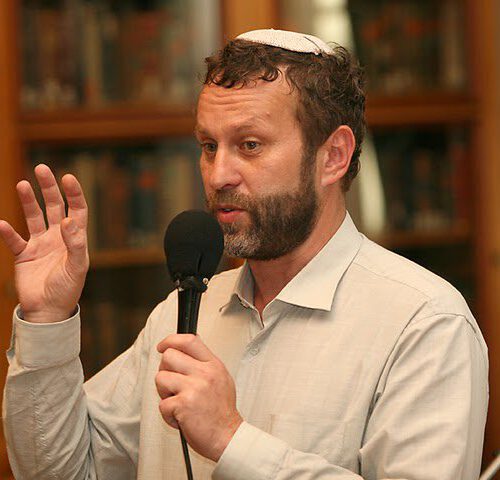The Jewish collective experience has undergone a dramatic change over the 20th century. Traditional sub-ethnic Jewish communities that always constituted a minority in their host countries have disappeared, and a new reality emerged. Nearly half of the world’s Jewry is now part of the Hebrew-speaking ethnic majority that resides in its nation-state. The other half resides in different host countries and is fluent in the languages of these countries (such as English or Russian) while losing almost entirely traditional Jewish diaspora languages. Due to the diminishing role of religion, these diaspora communities also exceedingly include persons of mixed or non-Jewish origin. The floating and fragmented identity of these communities presents an uneasy challenge for an integrated and sustainable Jewish identity that could be preserved in the next generation. This challenge, however, can be addressed by international Jewish organizations that would invest strategic efforts in strengthening the identification and solidarity of Jewish communities with the state of Israel. These may include the dissemination of the Jewish history, culture, traditions, and the Hebrew language; supporting study and touristic visits to Israel; and encouraging volunteer service at the IDF or civic duty.
Please follow the link for the full version of this article in Russian.
